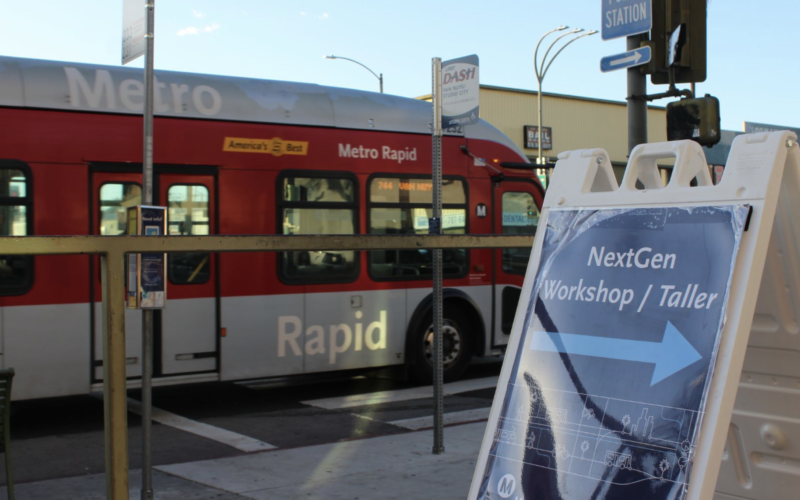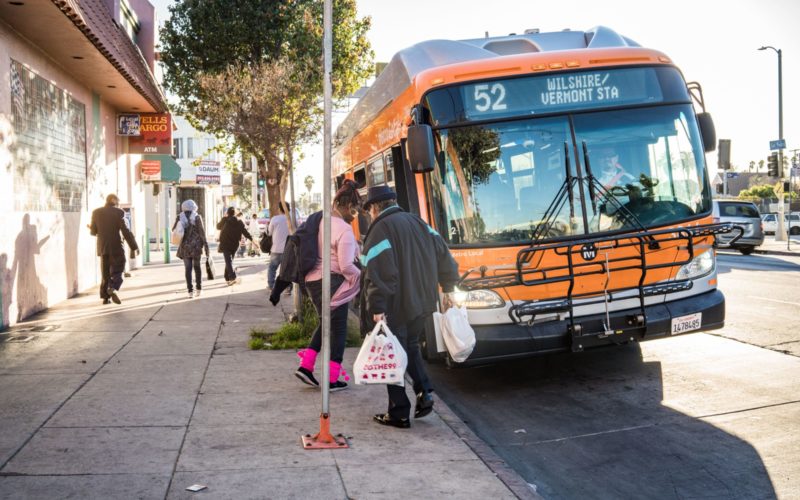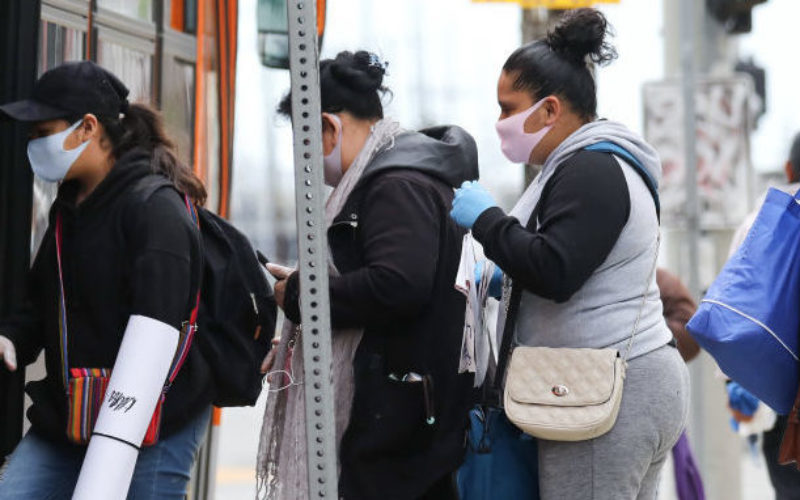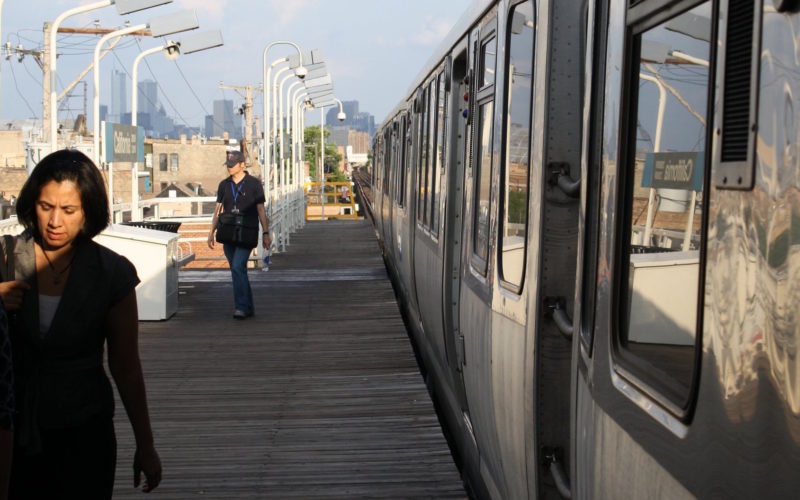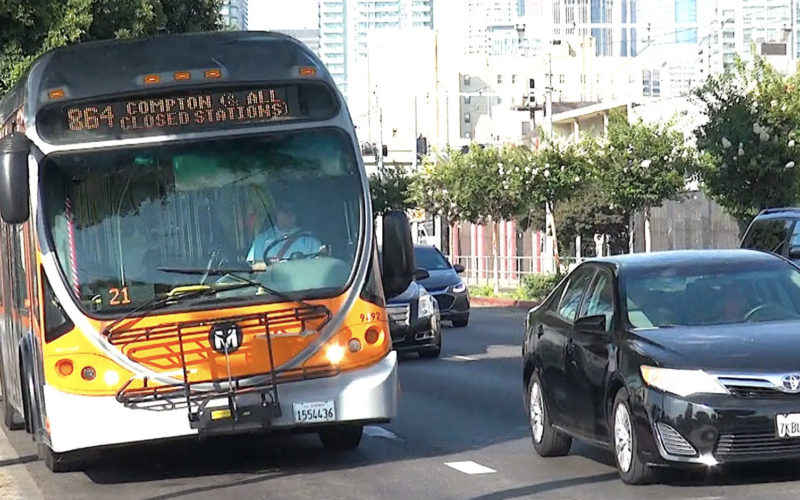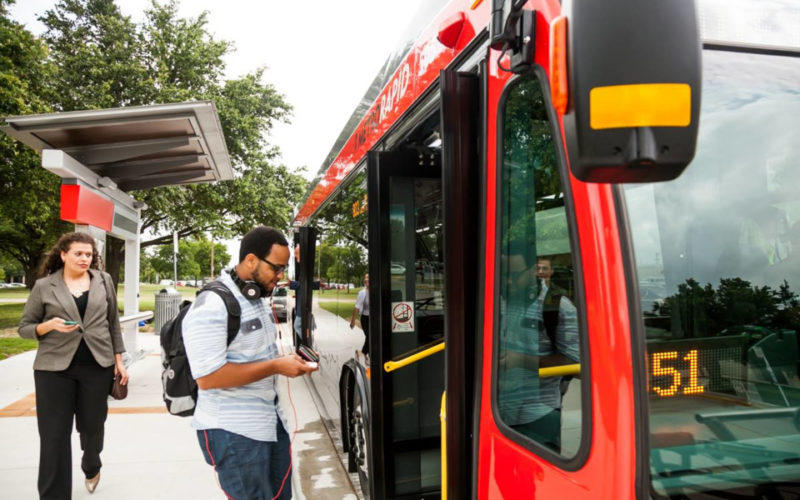Transit advocates, organizers, and riders are calling on local and state agencies along with the USDOT to advance projects designed to improve the mobility of Black and Brown individuals at a time when there is unprecedented funding and an equitable framework to transform transportation infrastructure, support the climate, and right historic injustices.
Read MoreAgencies implementing bus network redesigns have to effectively communicate to riders how route changes will affect them.
Read MoreOn January 28th, the LA Metro board voted to fully restore bus service by the start of the new fiscal year in July. This win was the result of a concerted effort by transit advocates, grassroots organizers, and local residents working in coalition to center the voices of bus riders and gain political power at the LA Metro Board.
Read MoreDespite the upheaval brought by the COVID-19 pandemic, Sound Transit and LA Metro are moving ahead with affordable housing commitments, and are on track to make thousands of homes priced below the market rate available over the next several years.
Read MoreBefore COVID-19 struck, LA Metro seemed to be turning a corner on bus service with the ambitious network redesign known as NextGen. But the new budget plan signals a return to the days when Metro regularly overlooked the bus riders who make the vast majority of trips on its services.
Read MoreFor the ten U.S. regions with the most transit ridership, we estimate that CARES Act funds will cover agency shortfalls for an average of 5.4 to 8.3 months. For agencies in the rest of the country, CARES Act transit funds will last 12.6 to 20.8 months, on average.
Over the summer, LA transit riders caught a glimpse of what a more urgent approach to prioritizing bus service can do.
Read MoreThe 2018 ridership numbers for American transit agencies are in.
Read MoreThe 2018 ridership numbers for American transit agencies are in.
Read More
